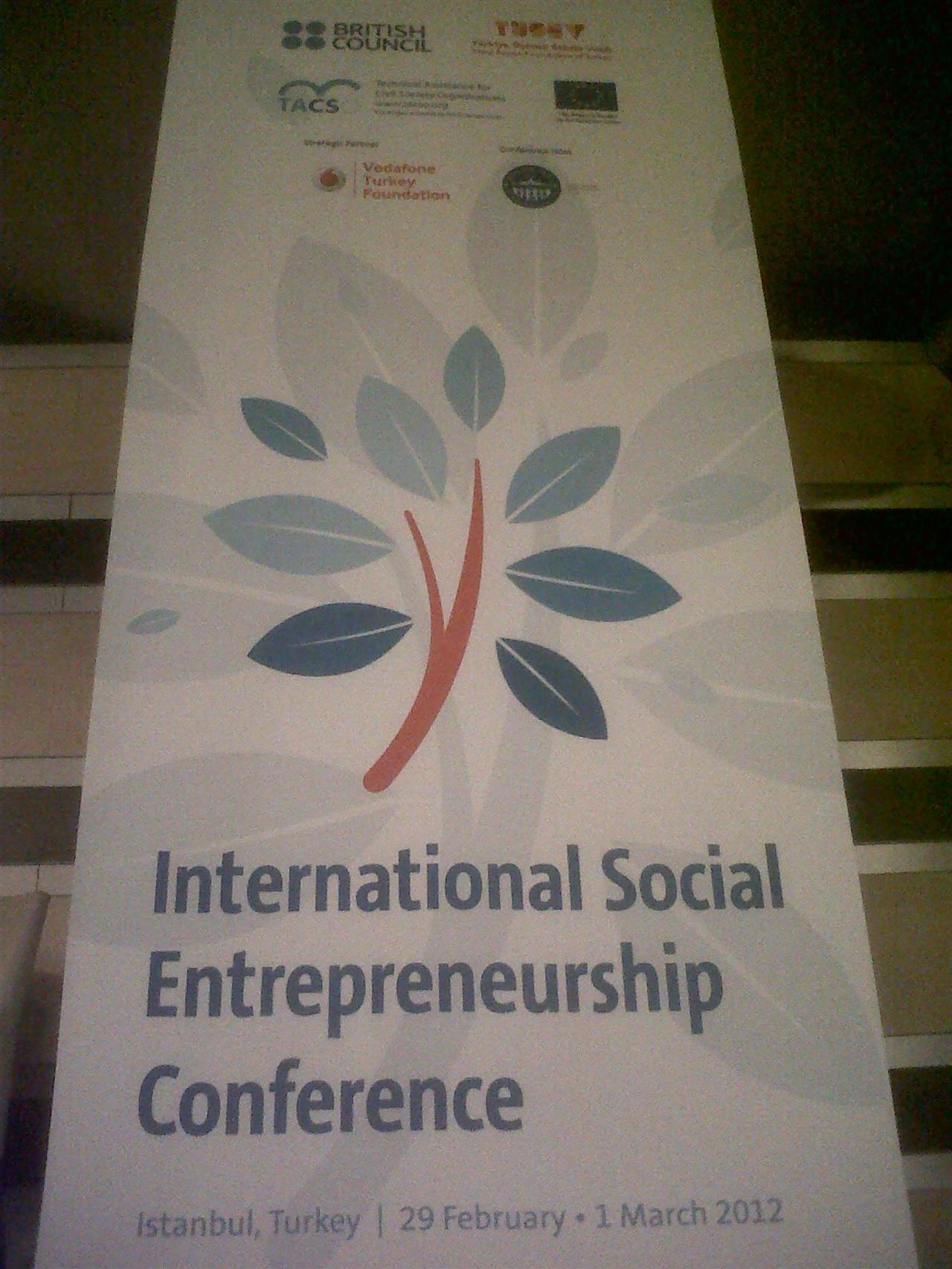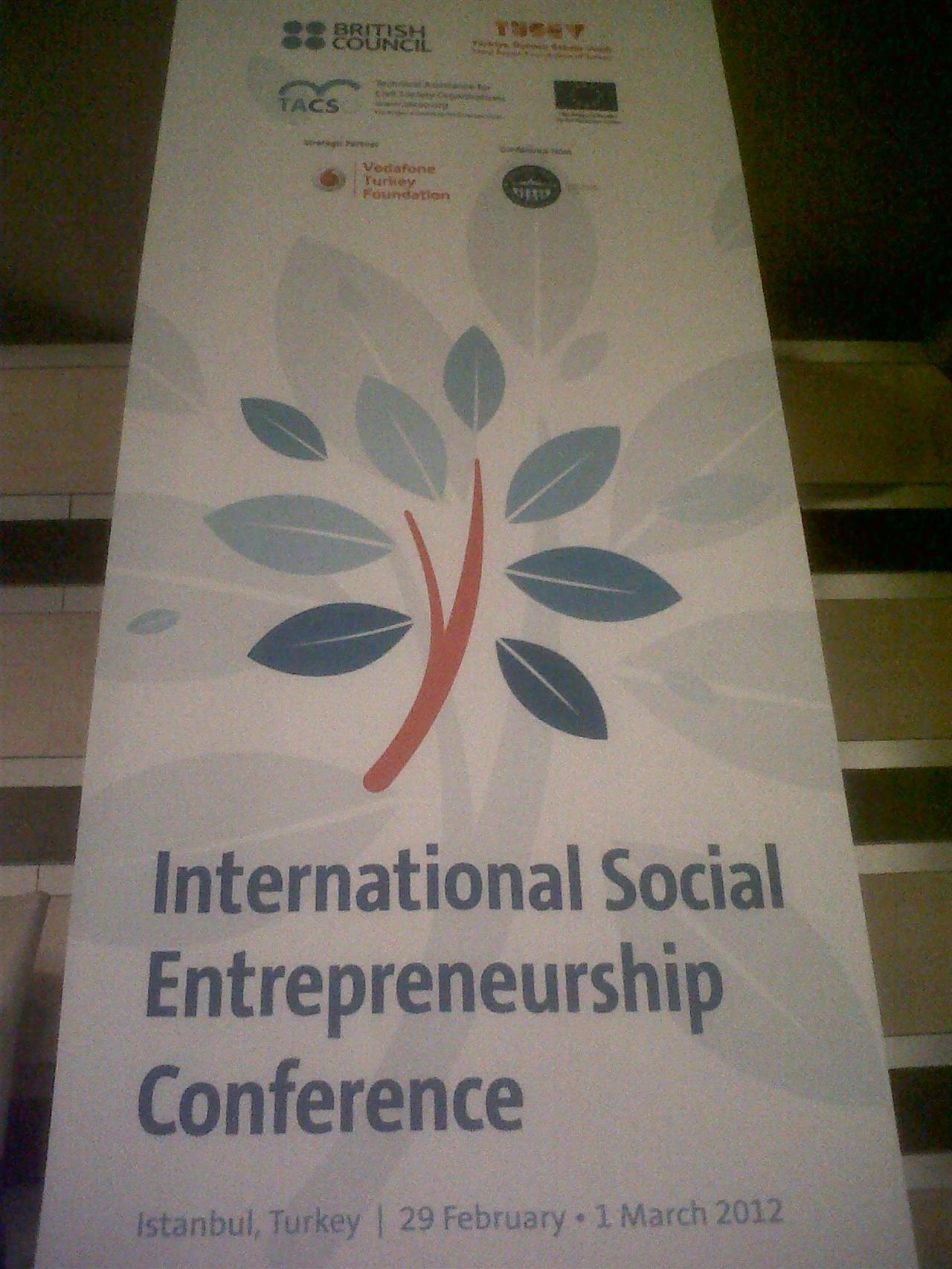
As it does every year, Forbes published its world’s billionaires: 1,226 people counting for 2% of world wealth (total $4.6 trillions). ‘The list is bigger than ever’ Forbes proudly proclaims. You can even follow your favourite billionaire now!
Europe is generously represented in Forbes’ ranks with 4 fellows in the top 10. However, it seems that Europeans haven’t been informed of such a privilege.
On the contrary, poverty and social instability are rocketing with peaks of public unrest in Greece. We have never seen such a mess after WWII.
Is it perhaps time to review the common assumption that, firstly, wealth is created and, secondly, that it trickles down through society?
Aside from a few lucky ones people are getting poorer and more afraid of their future across Europe. This is not a by-product of the Euro crisis as some silly academics claim. This is the result of our success: the end of the Cold War, technological innovation and globalization.
Stop here if you think that I’m going to resort to the mouldy socialist leitmotif. I’m a fan of new technologies, social networks and global markets. They are incredible forces of change and I love exploring unchartered waters. But it’s time to address our system’s failures and take care of its losers as the number is reaching a critical mass.
If we want to save the system then it is time for change, as the Prince of Salina would comment. Digression: The Leopard whose main character is the Prince of Salina is a book I recommend to my readers together with the Prince by Machiavelli and the Art of War by Sun Tzu. These are the necessary intellectual tools for your globalization survival kit.
Going back to our topic, technological innovation and globalization are eroding the wealth of the middle class, steering a sense of general insecurity and undermining the same fundaments of liberal democracy.
They generate wealth but just for few while the majority is lagging behind. We must act.
Since we can’t go back, despite what extreme right wing leaders claim, what shall we do? Simple: we need to include the costs of social peace and environmental sustainability in the new economic model. They must be accounted for in the budget of society – not artificially outsourced as CSR or a similar marketing farce.
Therefore, you should not be surprised that the champion of the new socio-economic policies – i.e. social innovation and social business – is a conservative politician in charge of liberalization: Commissioner Barnier.
He realizes that the single market can be implemented only if the benefits are shared amongst 500m people.
‘The social’ in social innovation, social business, and social investments – you name it – is not the old soup warmed up to be served again, but it’s a genuine new start for the economy. It stands for society and calls for people to regain the economy from hollow speculation.
The complexity of society and its pluralism in values have to find a place in the economy again. Making profits is just one amongst many values. It can’t be the only one, but needs to be balanced by other needs such as sustainability and social cohesion.
That ‘social’ brings ethics back into business. Because ethics express the project we have for society. The economy constitutes the means to realize that project.
This was the main message in my presentation on Social Enterprise across Europe I gave at the first European conference on social enterprise in the Western Balkans and Turkey held in Istanbul on 30 Feb – 1 March.
An issue emerged in the debate in Istanbul worth mentioning. We must take in consideration the aspirations of people.
A delegate expressed her concerns about socio-economic policies which sound like bringing back socialism where people fought hard to get rid of it i.e. Central-Eastern Europe.
That ‘social’ can’t be a refreshed branding for the old recipes of redistribution by the state, but must put the accent on people and their right and responsibility in designing the new economic model. We can’t leave third parties to sort it out.
Actually those countries which left socialism behind and are fond of capitalism shouldn’t make the same mistakes of Western liberal democracies but jump straight to a development model which has enshrined environmental sustainability and social cohesion.
How does it sound to you?
Vuoi accedere all'archivio di VITA?
Con un abbonamento annuale potrai sfogliare più di 50 numeri del nostro magazine, da gennaio 2020 ad oggi: ogni numero una storia sempre attuale. Oltre a tutti i contenuti extra come le newsletter tematiche, i podcast, le infografiche e gli approfondimenti.

